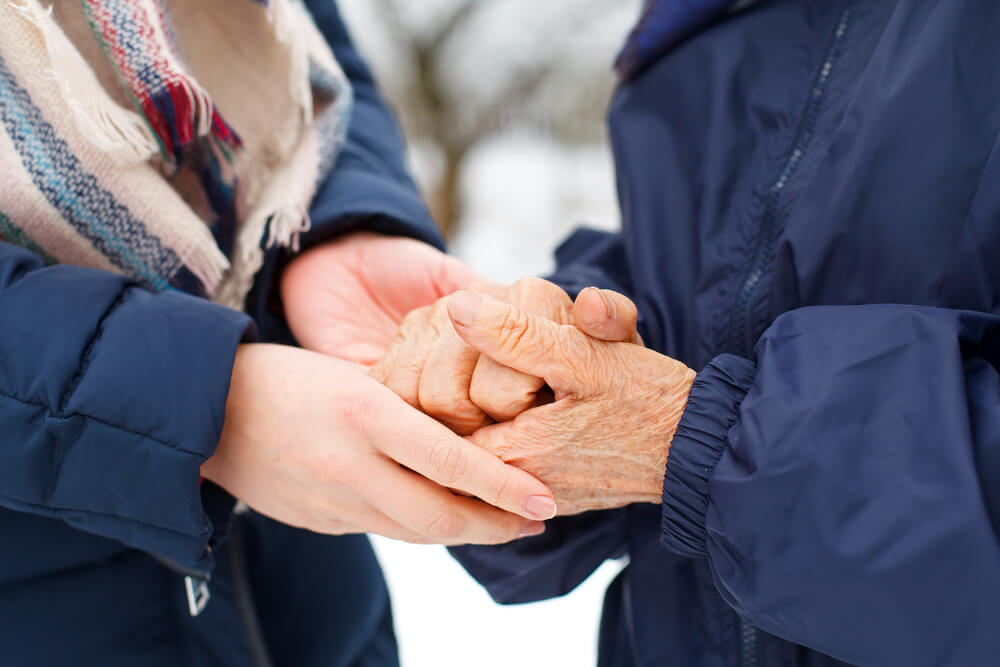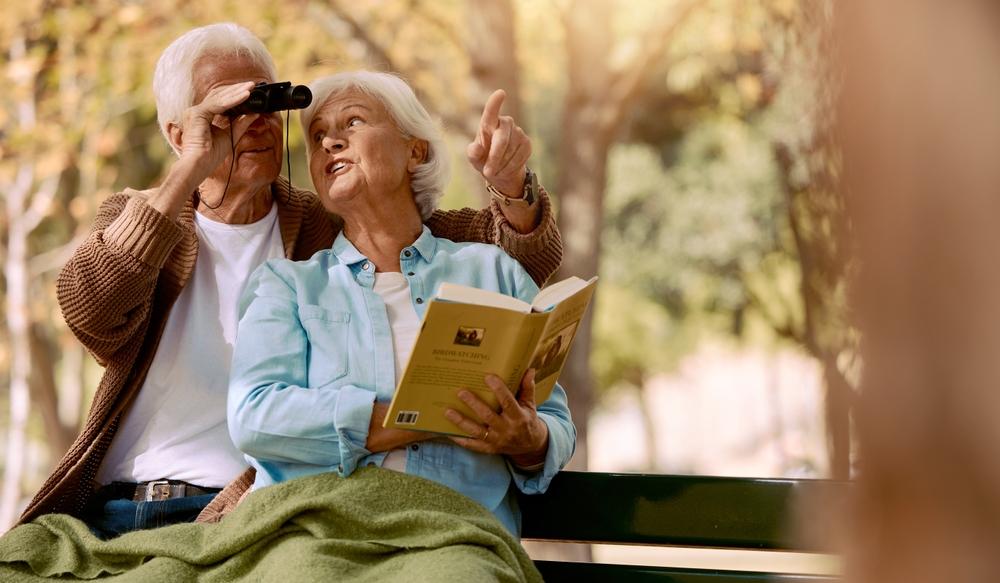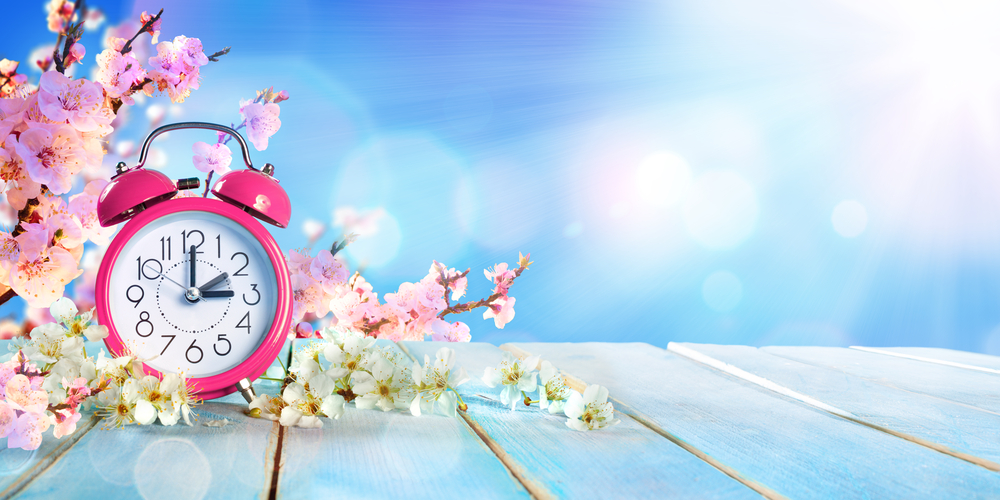 February 1, 2021
February 1, 2021
The winter season can be unpredictable weather-wise. During the winter months, snow, ice, and cool temperatures can impact your daily routine. It’s critical for everyone, including older adults, to prepare for the colder times of the year.
While everyone is likely to feel cold now and then during the winter, being cold seriously affects your health. Older adults tend to lose body heat faster and can be more susceptible to getting sick or getting injured due to the winter weather. Here are five helpful tips to help keep your older loved ones healthy and safe during the colder times of the year.
Keep Warm Inside
We usually view the inside of a home as a safe, cozy space. However, living in a poorly heated or insulated house, apartment, or building can cause hypothermia. Even if the indoor temperature is between 60°F and 65°F, it might not be warm enough to keep residents safe.
Try these methods for staying warm indoors:
- Make sure the home is well insulated and not losing heat through the doors or windows. If you have gaps under doors, use towels to keep out drafts. Try using caulk or weather stripping on windows to keep the cold out.
- If a room or space isn’t being used, close the doors and close off vents to these areas.
- Keep the heat set to at least 68-70°F to make sure interiors are warm.
Clean Clutter Inside and Outside to Prevent Falls
It is very easy to fall, especially in winter, due to icy or snowy conditions. Falling in the home is also always a concern, as stiff joints and limbs due to colder temperatures can make mobility more challenging. While younger individuals can recover more quickly from falling injuries, older adults face complications.
It’s recommended that older adults wear shoes with good traction to prevent falling. Seniors should also stay inside during inclement weather until sidewalks and roadways are clear. Shoes covered in ice and snow should also be removed when coming indoors as soon as possible to prevent slipping inside.
Prepare for Bad Weather and Power Outages
Stocking up on essentials is always important. Having extra water, food, flashlights, and batteries handy in case it isn’t safe to exit the home due to poor weather is a great idea. To make sure your loved one is staying healthy, check that their prescriptions are up-to-date and that they have about a week’s supply or more.
Dress for Warmth
Whether your loved one is inside or outside, they should be dressing warmly. It’s important to cover up all exposed skin when going out to prevent losing too much heat. Layering clothing is a great way to stay warm in the home and when venturing outdoors.
Stay in Touch
People are social creatures, and staying in contact is important to let your loved ones know you care about them and are checking in regularly. Everyone can feel lonely from time to time, and seniors can be susceptible to isolation and loneliness. While social distancing is a concern nowadays, there are many ways to stay in contact with your older loved ones.
If you are worried about how the winter months might affect your loved one’s well-being, a personal caregiver can provide compassionate care and assistance with daily activities. Don’t hesitate to learn more about our companion care and services designed to provide seniors with medical and non-medical care.



